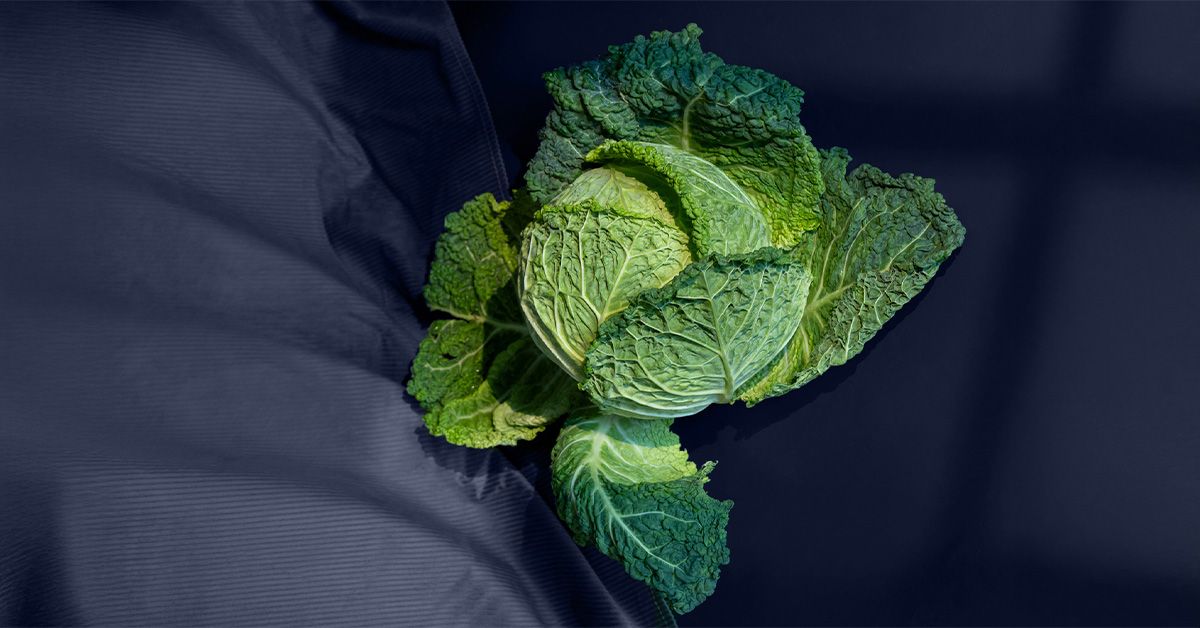Low Vitamin K and Its Alarming Link to Age-Related Cognitive Decline
In a quiet laboratory nestled within the Medical College of Georgia, researchers witnessed a troubling transformation among their test subjects: middle-aged mice subjected to a low vitamin K diet appeared to fade, not just physically but cognitively. As these small creatures scuttled through mazes designed to test their memory, it became clear that the absence of something as simple as a vitamin could slow their minds to a crawl. This disturbing observation has ignited conversations about how a nutrient often overlooked in human diets could influence our ability to think clearly as we age.
The Experiment: Methodology and Findings
To explore the impact of low vitamin K, the study team, led by neuroscientists focused on cognitive decline, segregated groups of male and female mice into two distinct dietary paths over six months. One group thrived on a standard diet rich in essential nutrients, while their counterparts faced a stark deficiency.
Behavioral tests were employed to assess cognitive function. A notable favorite, the novel object recognition test, observed how much time the mice spent interacting with new stimuli. Dr. Alina Fischer, a cognitive neuroscientist not involved in the research, explained, “This test provides invaluable insights into memory processing. A typical mouse will be curious and willing to explore novel objects unless their cognitive functions are impaired.”
Another layer of cognitive assessment was added using the Morris water maze, a challenging obstacle course that required the mice to remember the location of a hidden platform submerged in murky water. While both sets of mice participated, the deficiencies of the vitamin K group quickly became evident.
Disturbing Outcomes
- The low vitamin K group experienced significant cognitive deficits.
- Male mice on the restricted diet showed decreased survival rates and inadequate weight gain compared to controls.
- Behavioral tests revealed poor performance, with low vitamin K mice exploring new objects less frequently.
Dr. David C. Hess, Dean at the Medical College of Georgia, noted, “The disparities observed in this study highlight the critical role of nutrition in cognitive aging. It’s not just about calories; it’s about the quality of those calories.”
The Biochemical Links
Diving deeper into the cellular mechanisms, the analysis unraveled how vitamin K affects the brain’s infrastructure. The research unveiled that mice deprived of vitamin K exhibited markedly lower levels of Menaquinone-4 (MK4), the primary form of vitamin K found in the brain. Moreover, analyses of liver and kidney tissues indicated significant depletion of vitamin K in these organs as well.
The study also remarkable findings highlighting neurogenesis—the process through which new neurons form—in the hippocampus, an area critical for memory. Mice on the low vitamin K diet displayed decreased neurogenesis, raising questions about how vitamin K deficiency might stunt the brain’s capacity to generate new neurons.
Microglial Changes and Neuroinflammation
In an unexpected twist, the study revealed alarming alterations in microglial cells—immune cells proliferating in the brain. These changes hinted at elevated neuroinflammation, painting a grim picture about the overall health of the mice. “What we are witnessing is a connection between vitamin K, inflammation, and the health of neurons,” hypothesized Dr. Claire Summers, an inflammation expert not directly associated with the study. “The more we understand these relationships, the clearer the implications for human health become.”
Potential Implications for Humans
While the results are unsettling, researchers urge caution in extrapolating these mouse-centric findings directly to human cognition. Limitations abound; differences in metabolism between species could yield divergent outcomes in humans. Moreover, the devastating loss of male subjects in the study limited the behavioral data they could analyze.
However, the results do point toward pressing dietary considerations. “This study reinforces the importance of healthy dietary habits for improved cognitive function,” noted Dr. Ryan Hakimi, a neurointensivist and osteopathic physician. “Patients, particularly those with a family history of dementia, should consider incorporating vitamin K-rich foods into their diets.”
Sources of Vitamin K
- Dark leafy vegetables like kale and spinach
- Fruits such as kiwi and blueberries
- Eggs and soybeans
- Vegetable oils
The ramifications of these findings could influence public health guidelines, emphasizing diet not merely as a means of sustenance, but as a crucial influence on mental faculties as we age. Such dietary insights might help individuals mitigate or even stave off cognitive decline.
As researchers continue to dissect the connections between vitamin K and cognitive health, it is clear that what begins as a simple dietary choice can have cascading effects on our brain’s ability to adapt and thrive as the years go by. The low vitamin K mouse may serve as a stark reminder of how essential nutrients are intricately woven into the fabric of our health—both mental and physical.
Image Source: www.medicalnewstoday.com


